The DETECT Act: A New Frontier in Cybersecurity
In a significant move to bolster national security and innovation, Senators Mark Warner (D-Va.) and John Thune (R-S.D.) have introduced groundbreaking legislation aimed at securing the rapidly evolving technology of drones. The proposed bill, known as the Drone Evaluation to Eliminate Cyber Threats (DETECT) Act, seeks to entrust the National Institute of Standards and Technology (NIST) with the critical role of developing comprehensive cybersecurity guidelines for government-operated drones, reports FedScoop.
This initiative underscores a proactive approach to addressing the multifaceted challenges posed by the integration of drones into the national airspace, highlighting the importance of cybersecurity in the age of unmanned systems. The DETECT Act could pave the way for binding regulations for federal agencies utilizing civilian drones, ensuring that these advanced tools do not become vulnerabilities in the nation’s security infrastructure.
A Step Towards Standardized Drone Security
The legislation is more than just a set of guidelines; it represents a holistic approach to drone security, including measures for testing these guidelines with federal agencies and establishing reporting protocols for vulnerabilities. A noteworthy provision of the act prohibits federal agencies from procuring drones that fail to meet these stringent criteria, barring a waiver. This move aims to mitigate risks and ensure that drones used by the government are not only advanced but also secure against potential cyber threats.
Senator Thune emphasized the critical nature of secure drone operations for both government and private sectors, stating, “As the capabilities of drones continue to evolve and be utilized by both the federal government and the private sector, it’s critically important that they operate securely.”
The bipartisan support for the DETECT Act underscores the shared recognition of the importance of cybersecurity in maintaining national security and technological superiority.
Beyond DETECT: A Vision for American Leadership in Drone Technology
The collaborative efforts of Senators Warner and Thune extend beyond the DETECT Act. Their previous legislative endeavor, the Increasing Competitiveness for American Drones Act, focused on enhancing the Federal Aviation Administration’s (FAA) handling of Drone Technology. This proposal aimed to clear the path for innovation by advocating for a more transparent and efficient process for drone technology integration, emphasizing the need for American leadership in this high-stakes industry.
Warner’s vision for the future is clear: “If we want the drones of tomorrow to be manufactured in the U.S. and not in China, we have to start working today to integrate them into our airspace.” This statement reflects a broader strategy to secure America’s technological edge and foster an environment conducive to innovation and security.
A Unified Front Against Cyber Threats
The DETECT Act represents a pivotal moment in the evolution of drone technology and cybersecurity. By mandating stringent security measures and establishing a framework for the responsible use of drones, this legislation not only protects national interests but also promotes a culture of innovation and safety.
As the United States navigates the complexities of modern technology, the bipartisan efforts of Senators Warner and Thune exemplify the kind of collaborative approach necessary to address the challenges of the 21st century. The DETECT Act is a testament to the power of bipartisan cooperation in safeguarding the nation’s skies and securing its technological future.
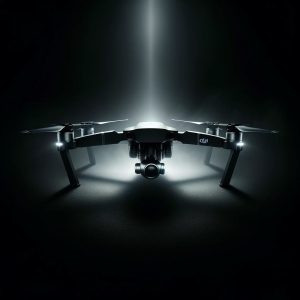
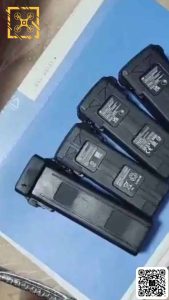

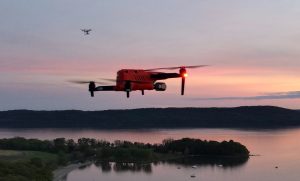


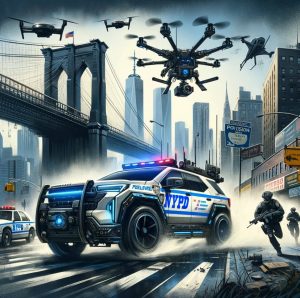
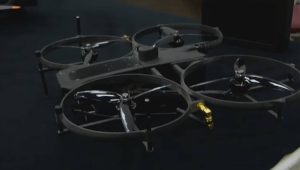
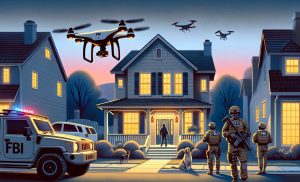
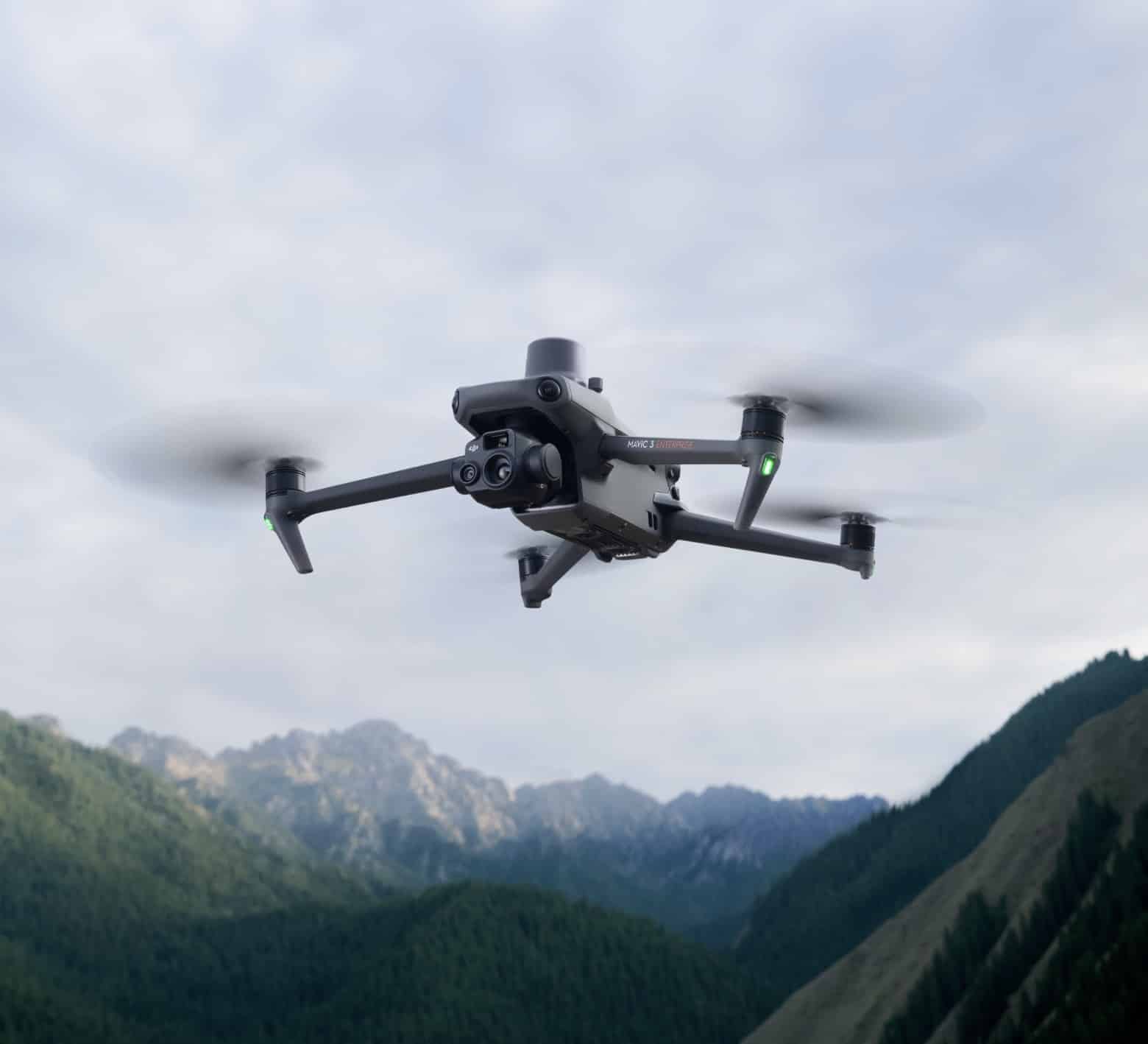

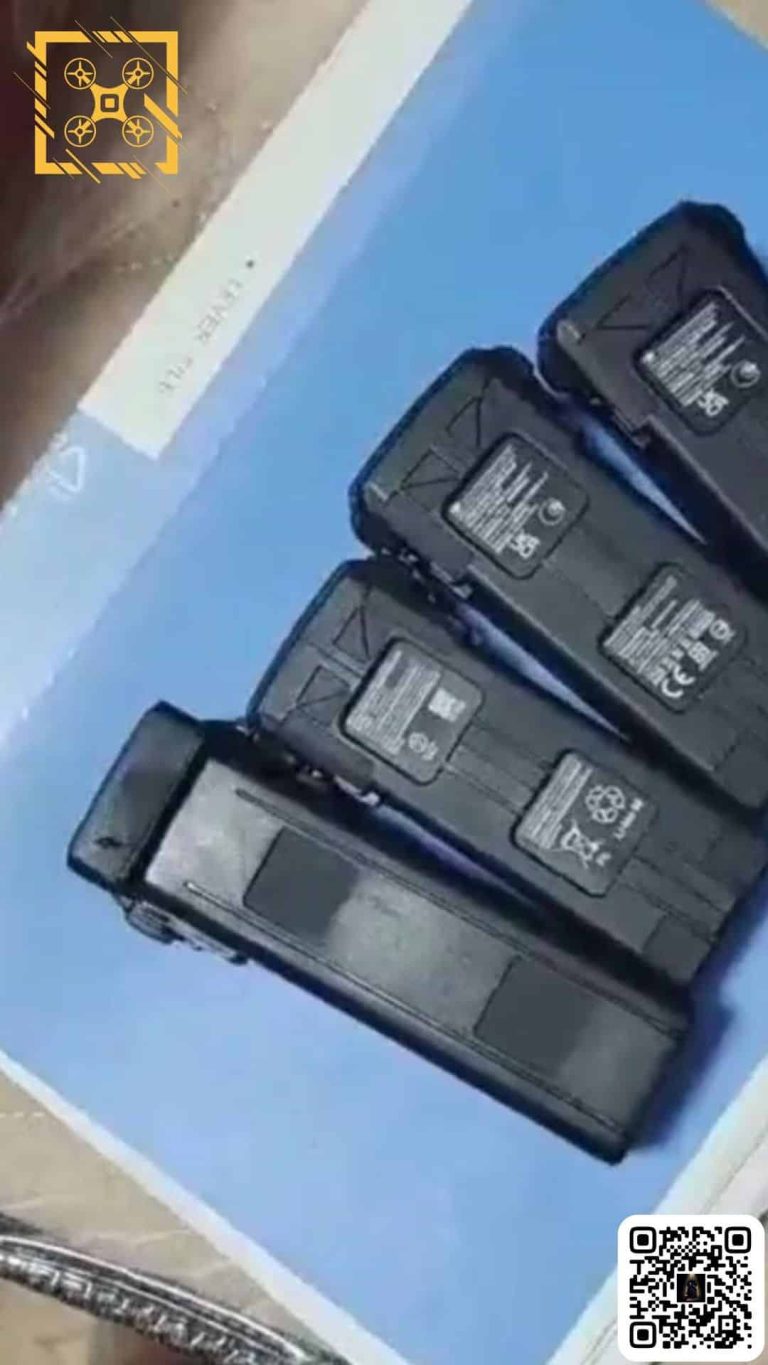

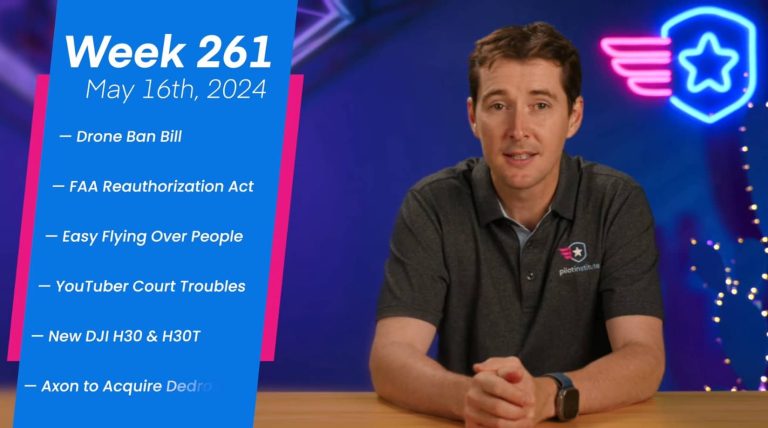
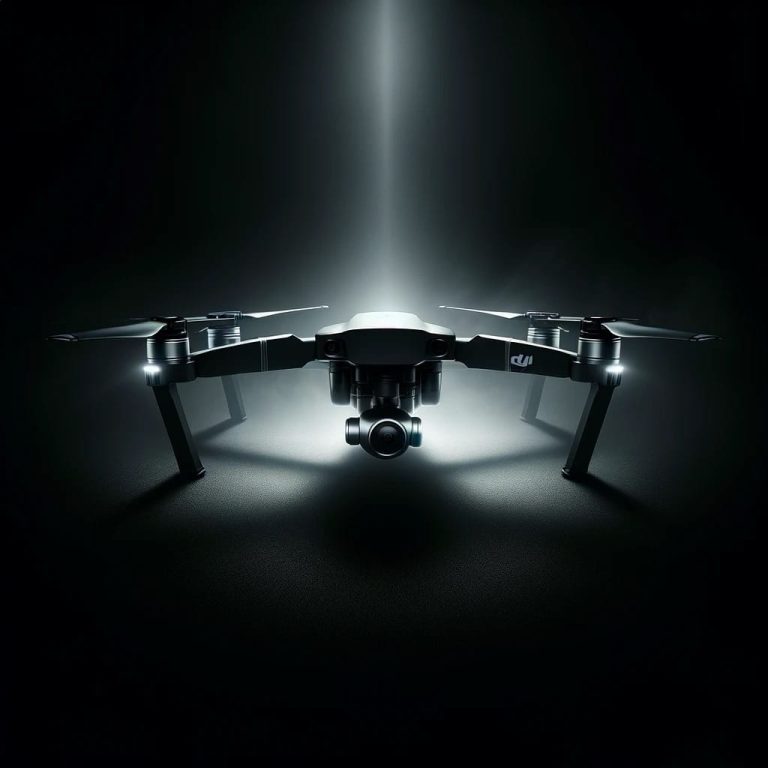
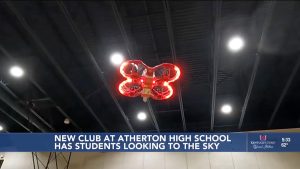
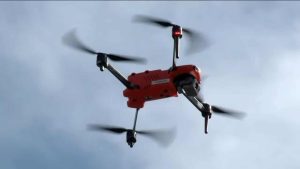
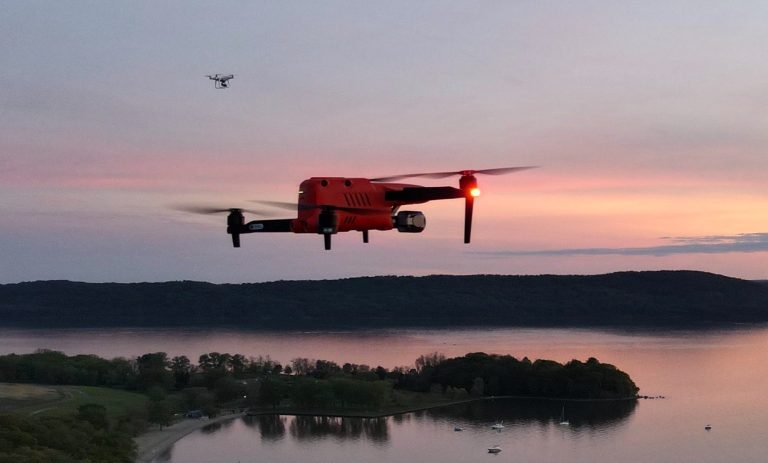

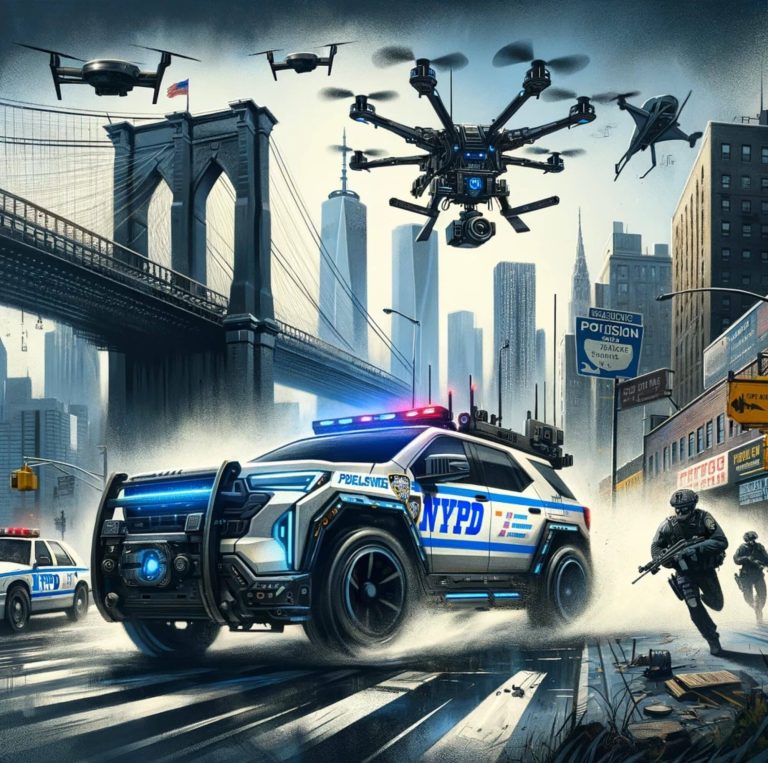
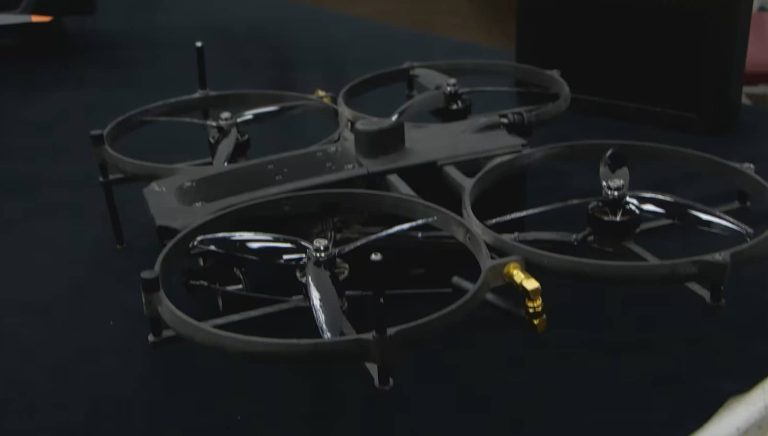
+ There are no comments
Add yours